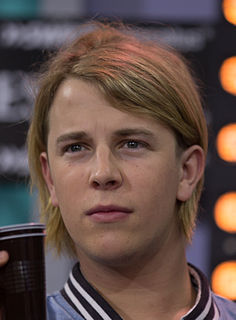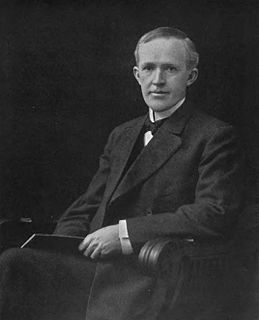A Quote by Val McDermid
I won't be attempting to write Jane Austen-style prose - that would be suicidal. But I will attempt to bring the highest level of my own prose, and to make it sparkle.
Related Quotes
Poetry has an indirect way of hinting at things. Poetry is feminine. Prose is masculine. Prose, the very structure of it, is logical; poetry is basically illogical. Prose has to be clear-cut; poetry has to be vague - that's its beauty, its quality. Prose simply says what it says; poetry says many things. Prose is needed in the day-to-day world, in the marketplace. But whenever something of the heart has to be said, prose is always found inadequate - one has to fall back to poetry.
I was a kid when I read Jane Eyre and fell in love with that universe. I didn't have the acumen to say the prose is old or the prose is too complex. I just fell in love with Jane's very lonely soul, much the same way I fell in love with Frankenstein's creature for the same reason. Those old souls exist in every decade in every century.
In high school, in 1956, at the age of sixteen, we were not taught "creative writing." We were taught literature and grammar. So no one ever told me I couldn't write both prose and poetry, and I started out writing all the things I still write: poetry, prose fiction - which took me longer to get published - and non-fiction prose.





































